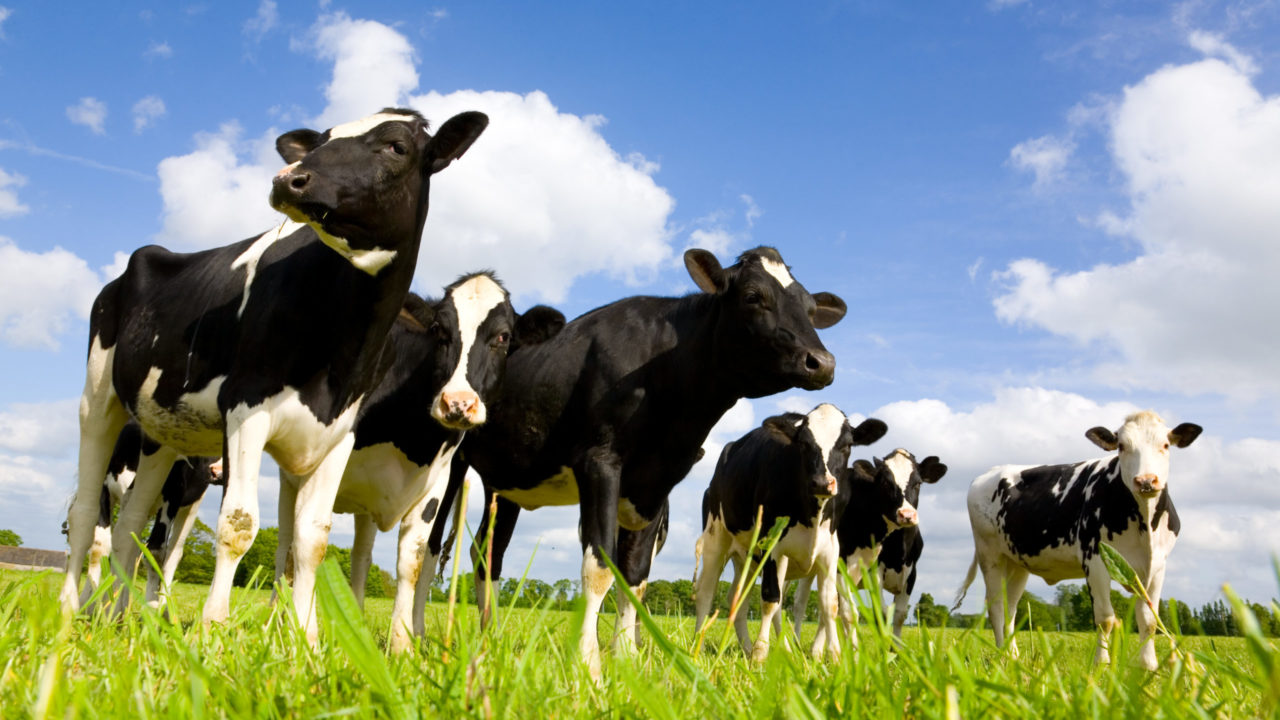A new study has shown that cumulative methane output was reduced by almost 11% in dairy cows that received a supplemented ration.
The study was carried out by the University of Reading in the UK in association with independent feed additive manufacturer Anpario.
Scientists carried out an in-vitro study to assess the effect of the company's Optomega supplements on gas and methane production.
The two products were supplemented at 100g/cow/day and 160g/cow/day respectively, with gas pressure readings then taken at regular intervals.
The scientists used gas chromatography technology to carry out the methane analysis.
The results of the trial confirmed both products helped to lower cumulative gas production over a 24-hour period.
When compared to control diets, the cumulative methane output was 10.8% lower in Optomega Plus supplemented cows and 6.6% in cows fed diets supplemented with Optomega Algae.

Commenting on the study, Dr. Wendy Wakeman, Anpario’s global technical director, said the supplements are derived from either fish oil or microalgae, which are responsibly and sustainably sourced.
“There is global pressure on the ruminant sector to reduce methane output, especially from dairy cows.
“To put the results into context, for a 200-cow dairy herd, the lower methane output could support a reduction in carbon footprint of up to 80t/year of carbon dioxide equivalents (CO2e) with Optomega Plus, and up to 51t/year with Optomega Algae," Dr. Wakeman said.
Methane trial
Meanwhile, New Zealand dairy cooperative, Fonterra, is to expand a trial which uses seaweed to reduce methane emissions from cows.
In 2020, Fonterra entered a partnership with Sea Forest to determine if using Asparagopsis seaweed as a supplement feed for dairy cows could reduce greenhouse gas (GHG) emissions.
The trial is now entering its next phase including a new agreement allowing Fonterra farmers first access to this potential new seaweed solution.

